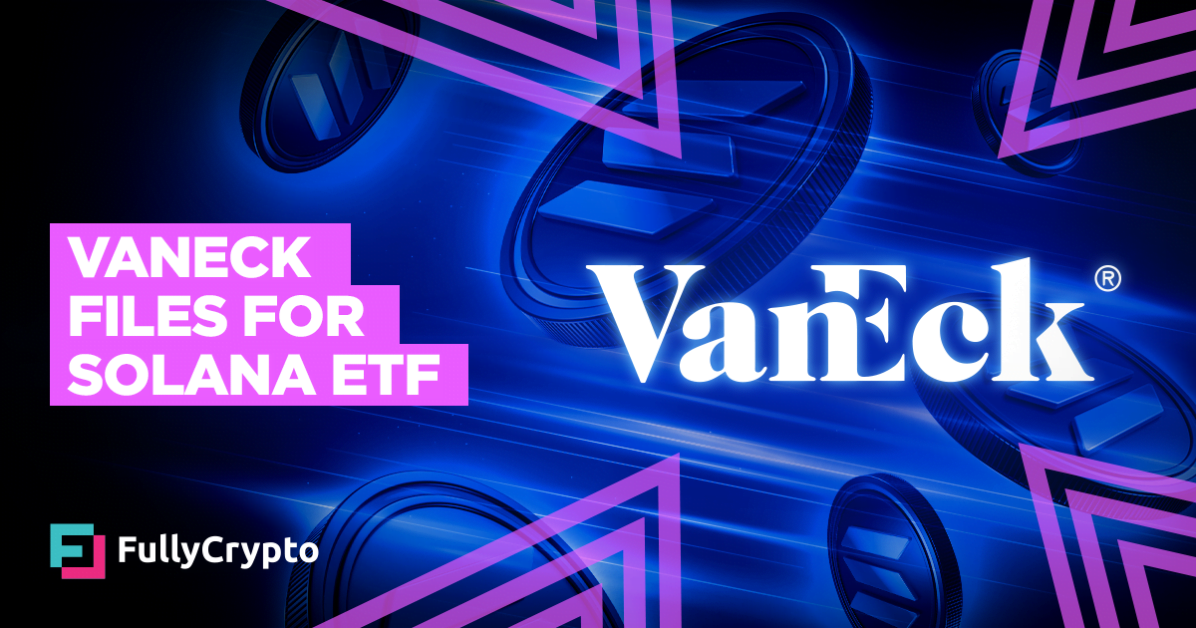VanEck, a renowned global investment management company, has recently applied for a Solana exchange-traded fund (ETF), indicating a growing interest in the digital asset sector. Solana, a rapidly expanding blockchain platform known for its efficient and cost-effective transactions, has been attracting attention from both investors and developers. The proposed ETF aims to provide investors with exposure to Solana’s native token, SOL, offering a chance to benefit from the platform’s swift growth and increasing adoption. As the popularity of cryptocurrencies and blockchain technology continues to rise, the introduction of a Solana ETF could present fresh opportunities for investors seeking to diversify their portfolios and engage in the digital asset revolution.
VanEck’s move to file for a Solana ETF in the United States has caught many by surprise, given the Securities and Exchange Commission’s (SEC) cautious stance on cryptocurrencies beyond Bitcoin and Ethereum. The application for a Solana ETF, following successful Bitcoin and upcoming Ethereum ETFs, marks a significant development in the mainstream adoption of digital assets. Matthew Sigel, VanEck’s head of digital assets research, emphasized the technical advantages of Solana as a competitor to Ethereum, highlighting its unique blend of scalability, speed, and cost-effectiveness. This perspective on Solana’s technical capabilities sets it apart as a potential ETF candidate, providing investors with a clear understanding of its value proposition.
Sigel’s endorsement of Solana’s technical merits, citing its potential to offer a superior user experience compared to Ethereum in various use cases, underscores the rationale behind VanEck’s ETF application. The belief that Solana’s native token, SOL, operates similarly to digital commodities like Bitcoin and Ethereum forms the basis of VanEck’s decision. However, the SEC’s historical classification of cryptocurrencies as securities may pose a challenge to the approval of a Solana ETF, despite recent shifts in its approach towards certain assets. While the SEC’s response to the Solana ETF application remains uncertain, the potential approval could signal a significant shift in the regulatory landscape for digital assets.
VanEck’s filing for a Solana ETF reflects a growing interest in the digital asset market and the potential for innovative investment opportunities. The technical strengths of Solana as a blockchain platform and the similarities between SOL and established digital commodities present a compelling case for the ETF’s approval. However, regulatory considerations, particularly the SEC’s stance on cryptocurrency classification, may impact the outcome of the application. the launch of a Solana ETF could mark a pivotal moment in the evolution of digital asset investment, offering investors a new avenue for portfolio diversification and participation in the expanding crypto ecosystem.


